Israelis and Palestinians must dramatically overhaul their approach to reaching peace.
As we gaze in frustration and helpless shock on yet another fruitless and tragic confrontation between Israel and Hamas in Gaza, it is important to consider not only the internal Israeli–Palestinian dynamic, but also the external regional context.
A recent Washington Institute for Near East Policy (WINEP) poll indicates declining confidence among Palestinians in the two-state solution. The poll was conducted just before the latest hostilities between Israel and Hamas began. It found that 60% of all Palestinians — 55% in the West Bank and 68% in Gaza — now believe their goal “should be to work toward reclaiming all of historic Palestine, from the river to the sea.”
Despite that discouraging revelation, however, Palestinians still appear to remain opposed to violence, although barely. That may be due to what they see happening in Syria, Iraq and elsewhere in the region, but also to the disastrous outcomes of previous violent confrontations with Israel — the first and second intifada, and the 2008-09 Cast Lead and 2012 Pillar of Defense campaigns in Gaza. According to poll data, 56% of West Bank respondents and 70% of Gazans said they want to maintain a ceasefire with Israel. Asked whether Hamas should accept the position of Palestinian Authority President Mahmoud Abbas that the new unity government should renounce violence against Israel, West Bankers were evenly divided, but a majority (57%) of Gazans answered in the affirmative.
The eruption of violence in Gaza, then, should not come as a shock, especially in view of failed negotiations between the Israelis and Palestinians that US Secretary of State John Kerry launched a year ago. In fact, the clash may have been all too predictable in light of what is transpiring elsewhere in the Middle East and North Africa.
The Conflicted Middle East
In Syria, an antediluvian despot desperately tries to maintain tenuous control over declining portions of the country, while a diminishing democratic opposition movement and ruthlessly violent extremist groups vie against him and one another for control of what is rapidly descending into a warlord-like state.
In Iraq, one of the strongest and most brutal of the Syria-based movements, the Islamic State, has invaded and taken control of most of that nation’s western and northwestern provinces, and is making its way toward the capital, meeting only belated and modest resistance. With Baghdad unable to form a new government, including choosing a prime minister, the Kurds are sending strong signals about making their long-sought move toward independence. This would likely lead to the partitioning of Iraq along sectarian and ethnic lines. US and coalition forces sacrificed over 4,500 lives, and the US spent over $1 trillion over a near-nine-year period to prevent such a breakup.
Before the Iranian Revolution, the Lebanese Civil War, the Iran-Iraq War, the Gulf War, 9/11, the Iraq War, the Arab Spring, the Syrian Civil War, the region’s latest eruptions into sectarian violence, and well before the Islamic State, there was the Israeli-Palestinian conflict.
Meanwhile, a self-proclaimed caliph now transmits menacing missives to Muslims around the world and threatens them, non-Muslims and even similarly violent groups, to hew to his leadership, or else. “Caliph Ibrahim,” aka Abu Bakr al-Baghdadi, has also issued direct threats at Jordan’s King Abdullah II and the Gulf States.
Chaos has also returned to Libya, as increasingly violent extremist groups battle an enfeebled government and one another for control of areas within that nation. Besieged Libyans are forced to place their hopes on various militias for the preservation of what passes for order there.
In Egypt, a previously hopeful populace soured on its first experience with democracy after only a year, and called for its equally frustrated military to overthrow a democratically elected president. Many human and civil rights have been suspended as a result of the coup d’état. But Egyptians, chagrined by the spiraling economy, exasperated with President Mohammed Morsi and the Muslim Brotherhood’s gross mismanagement, and fearful of an Islamist government taking root in a region increasingly threatened by extremists, accepted an effective return of Mubarak-style rule, dealing democracy a severe blow in the region’s most populous nation.
The extremists’ threat to Egypt is not merely external. Egyptian security forces are battling rebels in the Sinai, where frustrated tribes engage in all kinds of weapons and drug smuggling, often supported by Hamas, Islamic Jihad, al-Qaeda, Hezbollah and Iran.
In Yemen, a newly installed government, already confronting dwindling oil reserves and facing an imminent water shortage, continues that nation’s seemingly endless struggle to combat terrorism and assert control over the whole country, in the face of multiple challenges from al-Qaeda and resistant tribes in the north and south.
The death toll from these crises is as inestimable as are the economic costs. The region now accounts for over 7 million refugees, including Syrians, Iraqis and Palestinians, and incalculable numbers of displaced persons — further burdening already hard-pressed governments and international humanitarian organizations, which struggle with meager budgets and insufficient outside aid.
Israel-Palestine: The Preceding Conflict
Enter the Israeli-Palestinian conflict, the Middle East’s most enduring war. Before the Iranian Revolution, the Lebanese Civil War, the Iran-Iraq War, the Gulf War, 9/11, the Iraq War, the Arab Spring, the Syrian Civil War, the region’s latest eruptions into sectarian violence, and well before the Islamic State, there was the Israeli-Palestinian conflict. Yet all the ebbs and flows of the region’s strife seem to have had little perceived impact on the one conflict that precedes them all.
It is not certain whether Israeli Prime Minister Binyamin Netanyahu or President Abbas can lead this kind of conversation, and carry out the paradigm change suggested here. Previous risk-takers for peace like Sadat and Yitzak Rabin paid for their courage with their lives.
Perhaps that can be changed and for the better. What is necessary for that change, however, is a paradigm shift in approach between the Israelis and Palestinians, and all those others who have labored alongside the parties for peace. Before negotiators can return to the table, their respective leaderships must address the issues and attitudes reflected in the WINEP poll. They must have a direct and blunt conversation with their people.
It will be the kind of conversation that requires leadership that the region has not seen since Menachem Begin and Anwar el-Sadat. Rather than playing or bowing to public demands, or relying on tired positions that go back as far as the 1980s, Palestinian and Israeli leaders must challenge both populations to understand and accept that their closely-held personal demands and grudges will have to be set aside, if they are to achieve the one prize they both want: independent, secure and stable nations, and to live and work in peace. There is no alternative — not a Palestinian state over all of historic Palestine; not a faux democratic state run by Israelis with Arabs holding second-class status; and certainly not a continuation of the occupation-dominant status quo.
Leaders must stop pandering to special interests, extreme factions, rival political parties and even well-intentioned external concerns. Instead, they must speak directly to Israelis and Palestinians about the fundamental, gut-wrenching compromises — on borders, refugees, security, Jerusalem, prisoners, the Jewish state and all the other issues of contention — that must be made in order to finally realize permanent peace. Both sides must forever be relieved of the seductive, but ultimately self-destructive notion that armed confrontation or violence can somehow bring security and peace to the peoples of this troubled land.
Without that kind of honest and principled courage from leaders on both sides, the tragedies we see being played out in Gaza and throughout Israel are merely initial chapters in the encyclopedia of violent conflict that will be written on the region. Successive chapters will assuredly contain greater violence and incalculable human tragedy.
This paradigm change can only happen, however, if leaders on both sides display uncommon — almost suicidal — courage and superhuman trust in the other. It will mean the kind of trust and courage that forsakes responding with force to every act of violence done by the other side. It is the kind of trust and courage that makes gestures without necessarily expecting immediate reciprocity from the other. These are hard, given the Middle East’s reputation for treating such gestures as weakness.
To act with such courage and trust will in turn require Herculean faith in those very qualities, and in the genuine goodness of Israelis and Palestinians — and indeed of all human beings — and in the ultimate reward that will follow.
“We Want Peace and Will Compromise to Achieve It”
So, the first action in making this change is for the leaderships on both sides to stand before the people of Israel, the West Bank and Gaza, and the people of the world, and say: “We want peace and will compromise to achieve it.” They need not compromise values or principles, for indeed they both share many of each. But earlier held positions or demands must be reconsidered, with a view toward making the agonizingly painful compromises necessary to end the conflict.
This conversation between leadership and citizenry must happen before the sides return to the negotiating table. It is only when negotiators are empowered by their respective peoples to search for and reach compromise that they can actually arrive at mutually acceptable concessions. So far, this conversation has not happened.
If just one side resists or refuses to do any of this, then the likelihood of meaningful negotiations restarting — much less concluding successfully — is nil. But then, to see the fates to which they will be consigning their children and future generations, they both need only gaze beyond their borders, where carnage, chaos, inhumanity, untold human suffering and the free reign of mankind’s wickedest instincts merge to produce the nightmares of a fever dream.
If successful, on the other hand, this reset in the approach to Middle East peace — in which courageous and principled leaders speak directly, candidly and convincingly with their publics, who in turn acknowledge and accept the sacrifices necessary for peace — can change the way the region and the world look upon the Middle East and North Africa’s many conflicts. Reason will have taken its proper place over intolerance and hatred.
It is not certain whether Israeli Prime Minister Binyamin Netanyahu or President Abbas can lead this kind of conversation, and carry out the paradigm change suggested here. Previous risk-takers for peace like Sadat and Yitzak Rabin paid for their courage with their lives. The courage required is not unlike that of a soldier on the battlefield who places himself between his comrades and imminent danger. Palestinian and Israeli leaders must also place themselves between their people and the inevitable and ineluctable cycles of violence and loss. In history, few men and women have had this kind of courage, and even fewer leaders of nations.
An end to the Israeli-Palestinian conflict will not defeat the Islamic State, nor eliminate the threats of violent extremists such as al-Qaeda. It would not right the region’s weak economies or reduce unemployment, or correct its endemic corruption; nor will it alter the course of spiraling environmental conditions. And it will not address the centuries-old tensions between Shia and Sunni Muslims.
But it can give urgently needed hope to millions in the region and around the world that extremism, hatred and violence lead to a dead end, and that human reason holds much greater promise. It is what the people of this beleaguered region want. It is certainly what Palestinians and Israelis want.
The views expressed in this article are the author’s own and do not necessarily reflect Fair Observer’s editorial policy.
Support Fair Observer
We rely on your support for our independence, diversity and quality.
For more than 10 years, Fair Observer has been free, fair and independent. No billionaire owns us, no advertisers control us. We are a reader-supported nonprofit. Unlike many other publications, we keep our content free for readers regardless of where they live or whether they can afford to pay. We have no paywalls and no ads.
In the post-truth era of fake news, echo chambers and filter bubbles, we publish a plurality of perspectives from around the world. Anyone can publish with us, but everyone goes through a rigorous editorial process. So, you get fact-checked, well-reasoned content instead of noise.
We publish 2,500+ voices from 90+ countries. We also conduct education and training programs
on subjects ranging from digital media and journalism to writing and critical thinking. This
doesn’t come cheap. Servers, editors, trainers and web developers cost
money.
Please consider supporting us on a regular basis as a recurring donor or a
sustaining member.
Will you support FO’s journalism?
We rely on your support for our independence, diversity and quality.


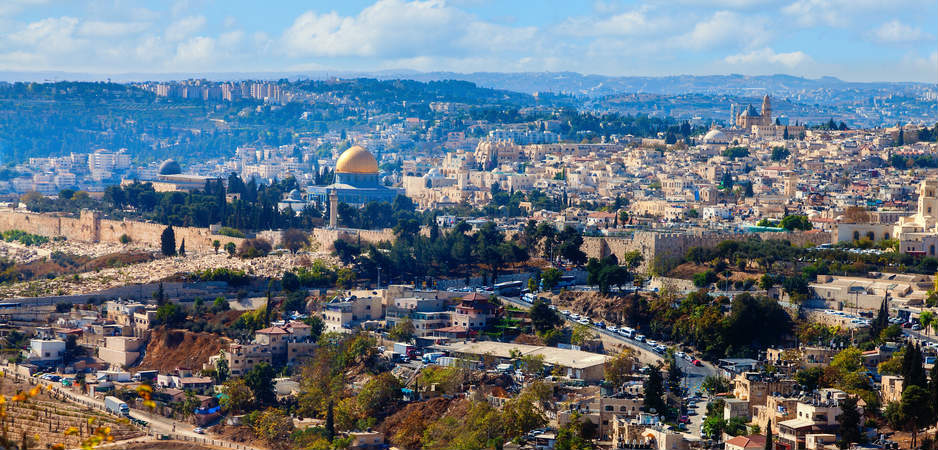
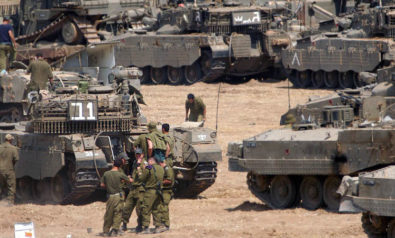
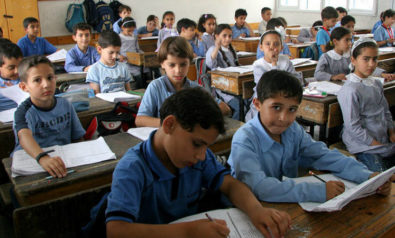

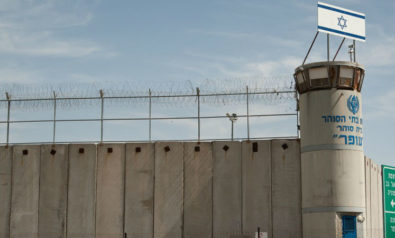

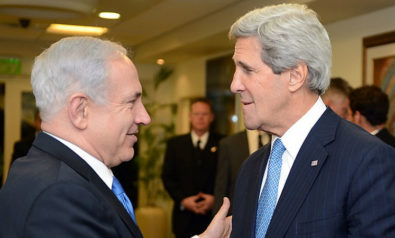


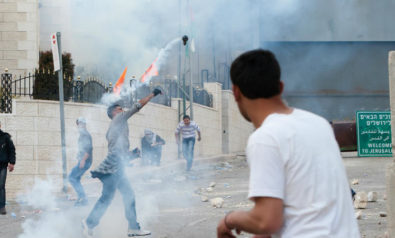
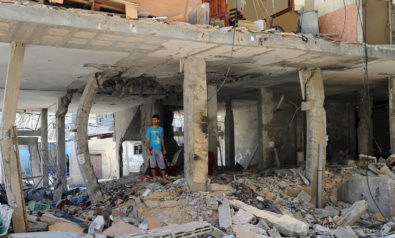
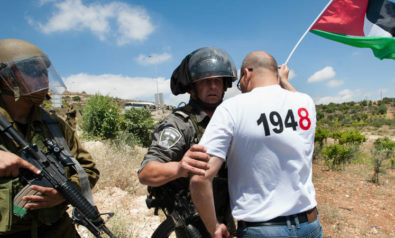
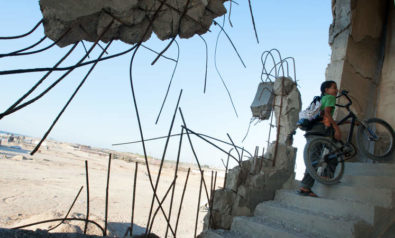

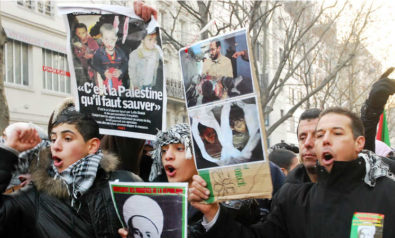
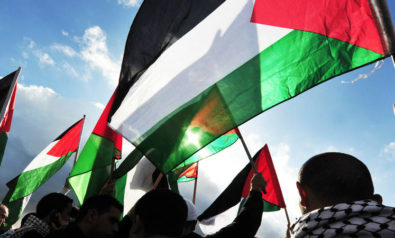

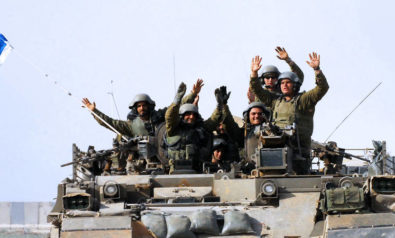
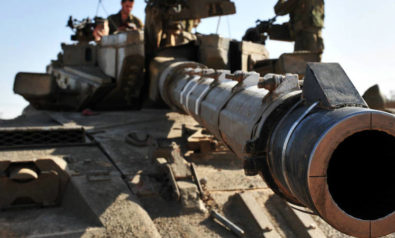
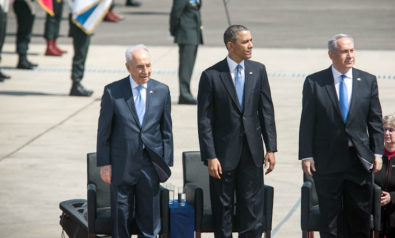
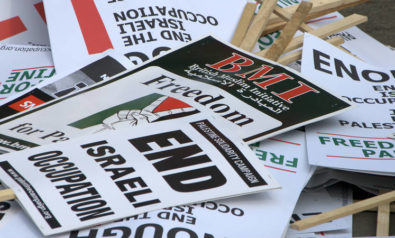
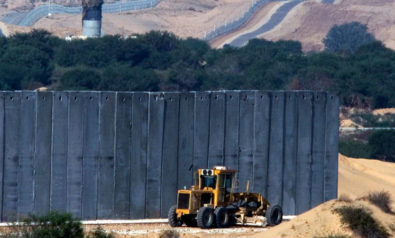
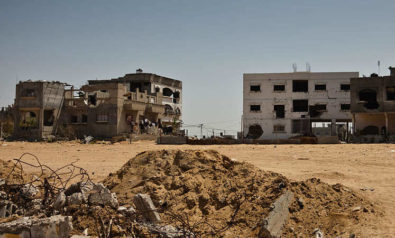
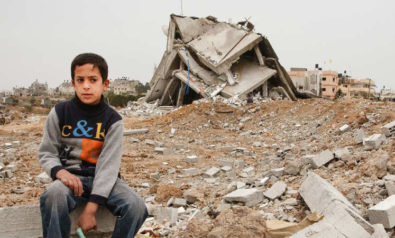
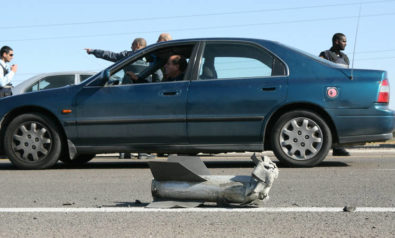
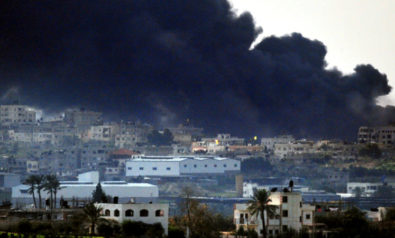
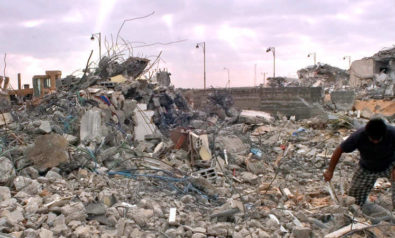
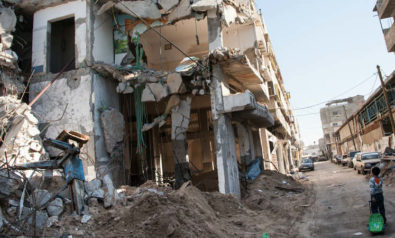


Comment